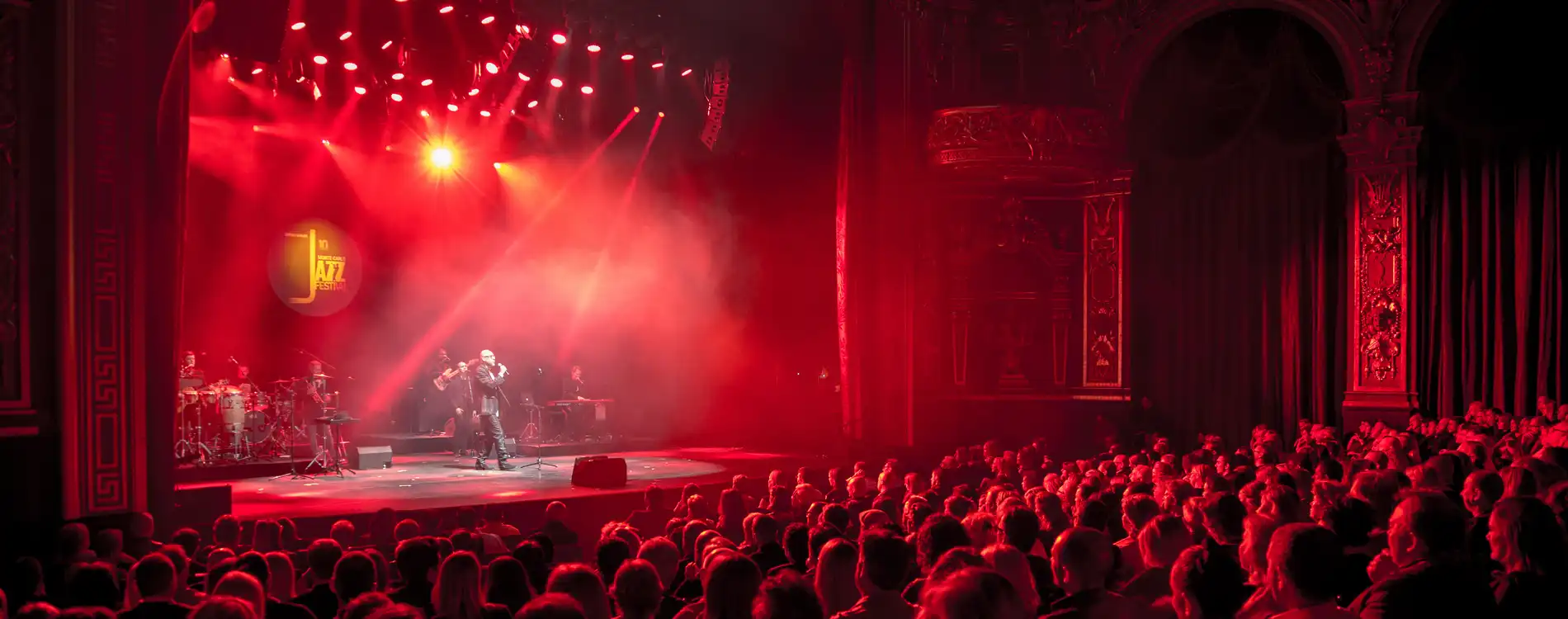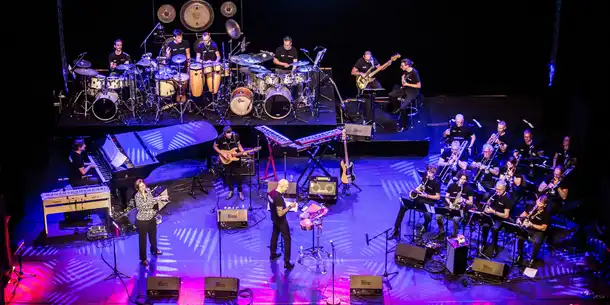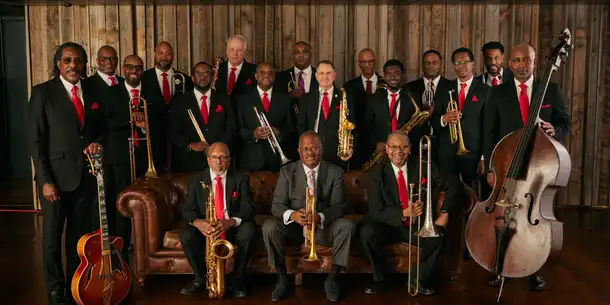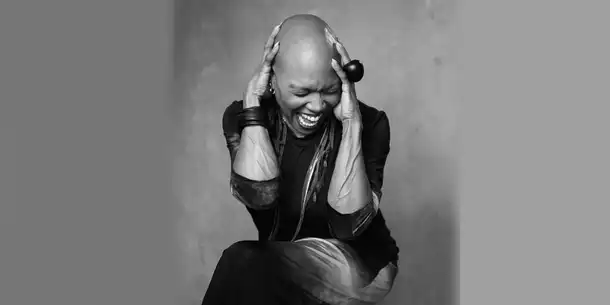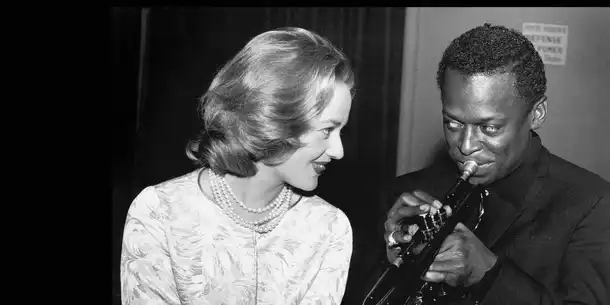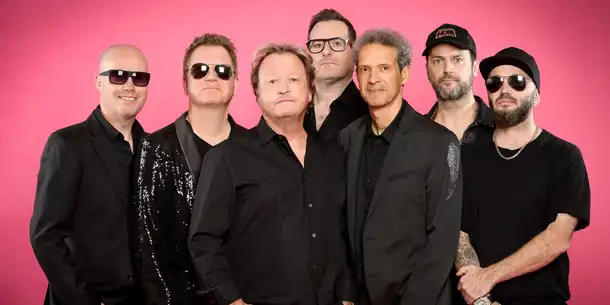A preview of the 2024 program
20/11/2024
Concert Académie Rainier III - Jazz & Modern Music
From jazz standards to pop music, the talents of the Rainier III Academy of the Principality of Monaco will be showcased on 20 November at the Opera Garnier Monte-Carlo!
- Jazz
- Pop
21/11/2024
The Legendary Count Basie Orchestra - Dal Sasso Big Band
One evening, two concerts with The Legendary Count Basie Orchestra, directed by Scotty Barnhart and Dal Sasso Big Band, on 21 November!
- Jazz
22/11/2024
Dee Dee Bridgewater - Stefano di Battista
On 22 November, the centrepiece of this 18th edition will be two concerts with Dee Dee Bridgewater followed by Stefano di Battista!
- Jazz
23/11/2024
AYO - Mayra Andrade
Two concerts at the Opéra Garnier Monte-Carlo on 23 November with AYO followed by Mayra Andrade.
- Jazz
24/11/2024
Jazz & Cinéma "Ascenseur pour l'échafaud" Institut Audiovisuel de Monaco - Musique Miles Davis
This screening, in partnership with the Institut Audiovisuel de Monaco, will feature Louis Malle's ‘Ascenseur pour l'échafaud’, with music by Miles Davis, and will take place on 24 November at 6pm.
- Jazz
27/11/2024
Level 42 - Émile Londonien
Level 42 and Emile Londonien: two concerts on 27 November at the Monte-Carlo Jazz Festival.
- Jazz
A glimpse of highlights
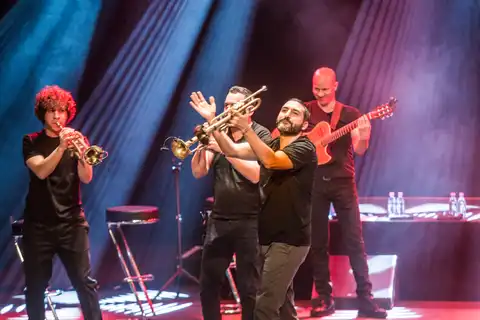
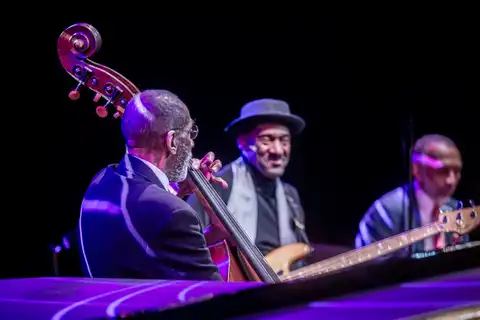
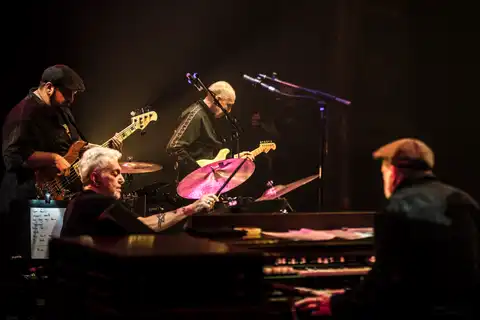
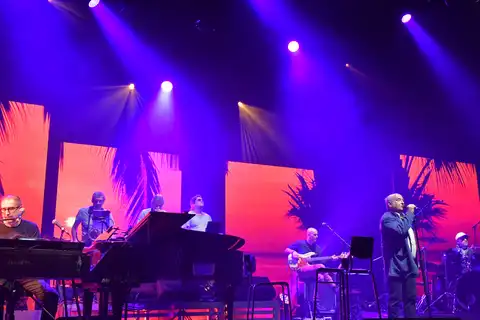
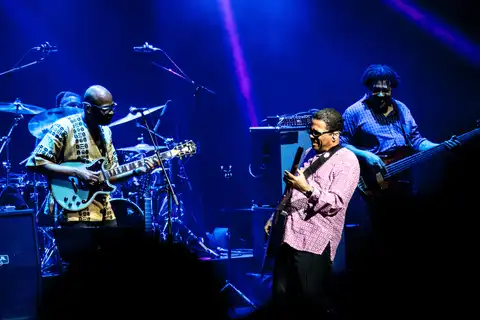
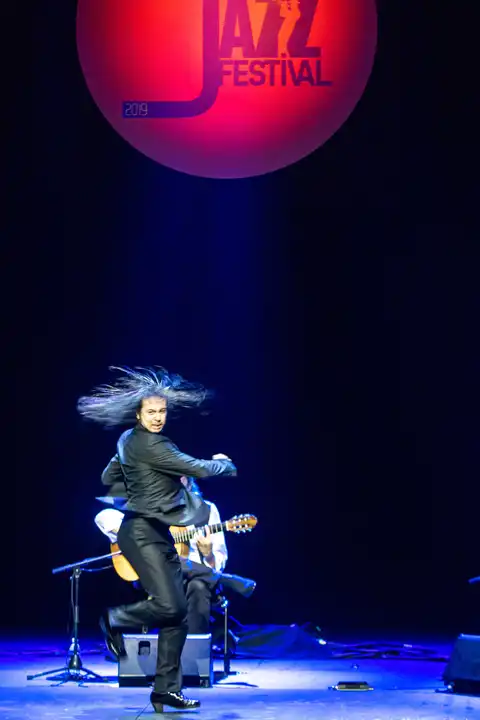
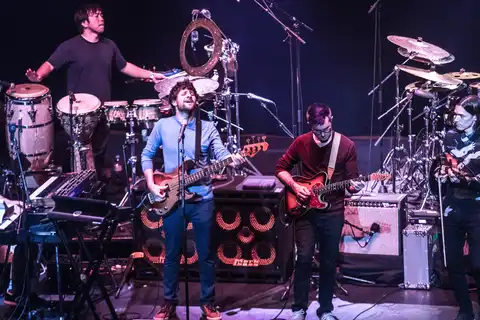
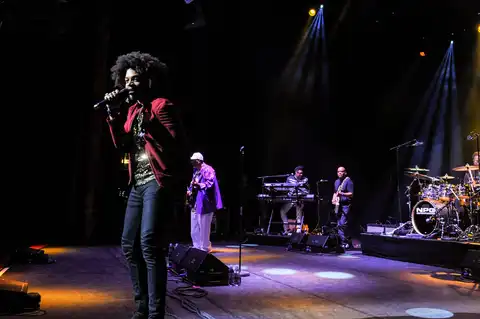
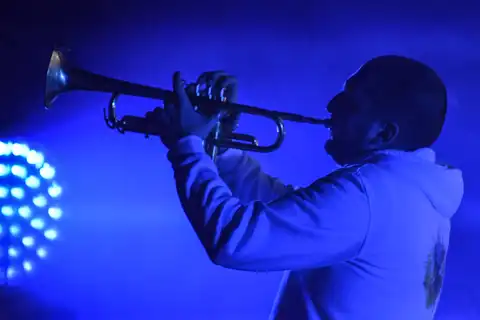

Opéra Garnier
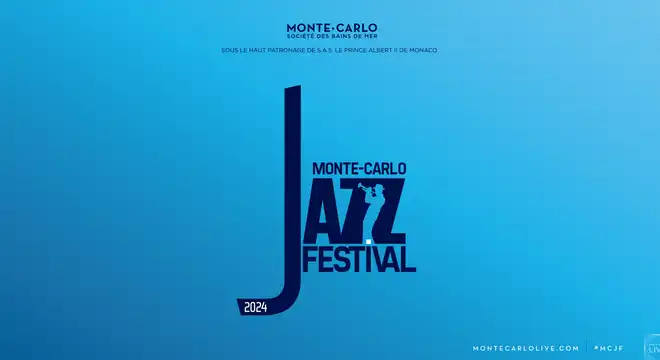
Monte-Carlo Jazz Festival 2024
This eighteenth Festival is taking place at the Opéra Garnier Monte-Carlo from November 20 to December 1st!
Program of the Monte-Carlo Jazz Festival